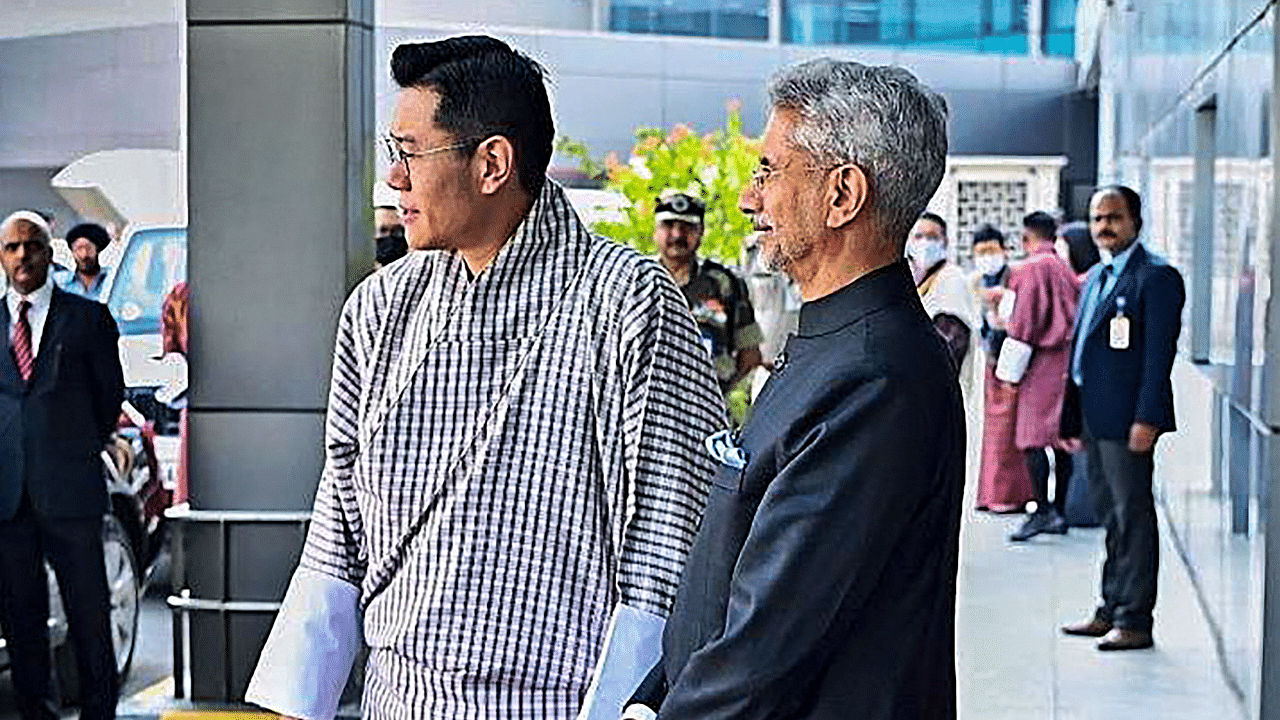
On the face of it, India has little reason for concern over the health of its relationship with Bhutan. The recent visit of Bhutanese King Jigme Khesar Namgyel Wangchuck to New Delhi saw India continue to extend strong support to the Himalayan kingdom. In addition to stepping up support to Bhutan’s 13th Five-Year Plan, India is extending Thimphu additional standby credit facility and is raising the tariff it pays for power from the Chhukha hydroelectric project as requested by Bhutan. Indian and Bhutanese officials decided to expedite connectivity projects, including the proposed Kokrajhar-Gelephu rail link project, the first railway link between the two neighbours. It does seem therefore that India-Bhutan cooperation on economic issues remains robust and poised to grow. And yet, there is mounting concern in New Delhi over security issues. Bhutan and China are engaging in talks to settle their disputed border and there are apprehensions in Delhi that Bhutan could agree to a settlement that will undermine India’s national security. Such apprehensions have deepened after an interview that Bhutan’s Prime Minister Lotay Tshering gave a Belgian daily revealed that a border settlement between Bhutan and China will be reached in the next “one or two more meetings.” Tshering also spoke of discussing the Doklam trijunction “trilaterally” with Bhutan, India and China as “equal” interlocutors. More importantly, Tshering claimed that “there is no intrusion (into Doklam) as mentioned in the media.”
Tshering’s denial of Chinese intrusion into Doklam is of serious concern. The India-China stand-off at Doklam in 2017 was over China’s bid to build a road into the strategic plateau. Although Chinese troops pulled back in late August of that year to end the crisis, satellite images have since revealed the return of the PLA and the resumption of Chinese infrastructure-building activity in the Doklam area. Chinese villages have come up there. Bhutan was silent all these years on this Chinese occupation of its territory. Tshering’s denial of this occupation now suggests that his government may be ready to quietly cede this territory to China to get Beijing to accept Bhutanese sovereignty over disputed territory in northern Bhutan. Doklam has little strategic value for Bhutan. Hence its willingness to cede control over it to China. But Bhutanese control over Doklam is vital for India’s defence of its North-East.
Under the 2007 Treaty of Friendship and Cooperation, India and Bhutan agreed to cooperate on issues of national interest and to continue working for their “common security.” Defending Doklam must therefore be a shared priority for both India and Bhutan. It is only through robust cooperation that Chinese expansionism in the Himalayas can be stopped.